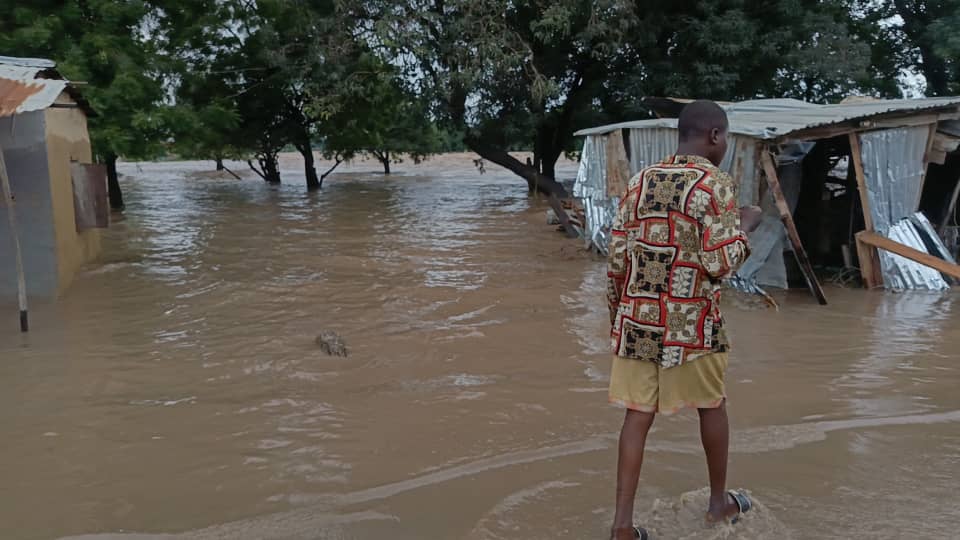Government Renews Relocation Warnings as Flood Submerges Farmlands in Niger State

An early morning downpour on Sunday submerged farmlands and displaced residents across several communities in Niger State, sparking fresh concerns over flood disasters.
The flood, which swept through Kafin Koro in Paikoro Local Government Area, also affected no fewer than 18 communities in Lapai Local Government Area.
Some of the impacted areas include Dere, Eshi, Apataku, Tsakanabi, Kuchi Kakanda, Arah, Achiba, Rebba, Ebwa, Pele, Edda, Rigido, Gbami, Yawa, Baka, and Muye.
In response, the state government has reiterated its warning to riverine communities to relocate to safer, elevated areas, citing intensifying rainfall across the region.
Speaking on behalf of the state government, the Special Adviser to the Governor on Communication, Media and Strategy, Jonathan Vatsa, appealed to residents in flood-prone areas to vacate immediately to avoid further disaster.
“We as a government will continue to be proactive by appealing to the people, especially those in flood-prone areas, to move upland and avoid the experience of the Mokwa disaster,” Vatsa said in a statement.
He acknowledged the emotional attachment many have to their ancestral homes but urged them to prioritise safety until the rainy season subsides.
According to Vatsa, the Nigerian Meteorological Agency had earlier identified 15 out of the state’s 25 local government areas as highly vulnerable to flooding.
This concern was further echoed by a recent Federal Government warning targeting four local councils: Rijau, Sarkin Pawa, Suleja, and Mashegu.
The flood alert, issued by the National Flood Early Warning Centre under the Federal Ministry of Environment, predicted heavy rainfall from July 31 to August 5, with potential flooding in the affected LGAs.
The directive was detailed in a document titled “Flood Prediction” signed by Usman Bokani, Director of the Erosion, Flood, and Coastal Zone Management Department.
In light of these warnings, the state government has announced plans for a sensitisation campaign in flood-prone areas and urged traditional rulers, religious and community leaders to support the effort.









